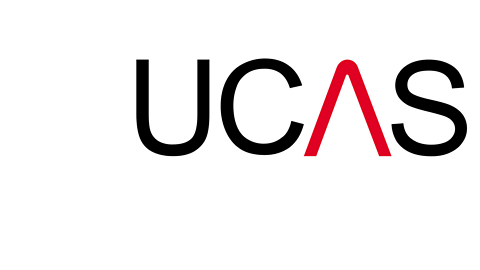You found a job or course you’d love, you applied for it and… Yes! You have an interview.
First of all, well done: not everyone gets to this stage. Now, it’s time to prep. We’ve asked our experts to share their interview success secrets.
In this short film, our experts give their top interview tips.
"When speaking to students about interviews, the main advice I give is practice makes perfect. Being in an interview situation is almost like speaking a foreign language. It's a different way of speaking. You're not used to speaking so positively about yourself, so practise with friends, with family, with a careers adviser, even in front of a mirror. Another piece of advice is make sure you research the company or the university that you're applying for, because that will be one of the questions and you don't want an embarrassing fail because you don't know about the course or you don't know about the company you've applied to."
"As you approach your first job interview, I think you can think about things in a simple way which is to consider two things. One, your own skills and experience and your ability to relate that to the job itself. Look at the job description, look at the person specification. Number two, look at the employer. I think about understanding the role itself as near as possible to understanding what you do on a day-to-day basis, then consider what the purpose of that business is. Where do they make their money? How can you align all your skills to those things?"
"It's not all about academic qualifications. If you've got the right attitude, if you're enthusiastic, if you're willing to learn, that's what employers are looking for because then they can mould you and teach you and help you to grow."
"They're much more interested in you as a person and it's really important to get that across. I would also say just mention anything that you do, hobbies, interests, that show that kind of all-round personal development as well."
"Preparation is key for interviews so find out where the interview's going to be, who's going to be there if possible, who's going to be interviewing you, and you need to know your personal statement inside out. You need to know exactly what you've said in your personal statement and feel confident to talk about any aspect of your personal statement. If you've said that you've read a particular book then they may very well ask you about it in your interview."
"Make sure that you've practised the commonly-asked interview questions like, 'Tell me a bit about yourself,' or, 'What can you bringto this organisation?' Those types of answers you can adapt and be versatile with your answer, and you can know that before you go in. If you're going to use buzzwords like your communication, your collaboration, your problem-solving, please say how you own those. Demonstrate them with an example. Anybody can go into an interview and say, 'I'm a good communicator and I'm enthusiastic and I'm keen and determined,' but that means nothing unless you can demonstrate it with an example."
"Be smart, look the part. That's the first thing. Arrive early if you're nervous. You might even want to rehearse your route to there so you know where you're going so you don't end up flustered. If you sweat a lot, wear dark colours. If you're worried about certain things, spilling coffee, then only have water. Tips like that will make you feel comfortable. But also I recommend that you visualise yourself being there, relaxed, comfortable, and answering the questions confidently."
- Practice makes perfect. Practise with your family, friends, even in front of a mirror
- Research the company or university you’re applying for: questions about the organisation you want to join are likely to be part of the interview. You may have declared your passion for a certain subject or industry, so be prepared to demonstrate it
- Have a good think about your own skills and experience, and how you will relate them to the job itself
- It’s not all about academic qualifications. Employers are often looking for someone with the right attitude and a willingness to learn
- Skills can be learnt, but real commitment is not so easy to come across, so show your enthusiasm
- Employers are also interested in you as a person, so mention anything you do to show your all-around personal development, whether it’s hobbies, volunteering or sports
- Preparation is key. Make sure you know where the interview is and how to get there. Find out who’s going to interview you and if there are any pre-interview tasks
- Know your personal statement or application letter inside-out. Interviewers might ask you to back up any claims from your statement, so make sure you remember what you wrote
- Be smart and look the part, but wear something that also makes you feel comfortable
- Rehearse your route and make sure you get a good night’s sleep. You might be nervous but don’t skip your meals, and stay hydrated.

More application and interview tips and tricks
Five top tips for acing online interviews
Advice for smashing virtual interviews and insight from a successful interviewee.

Top application and interview tips. video
The Mind Set coaches offer their interview advice.

UCAS: Top tips for getting a job. External Link
Get clued up about finding work with this handy information from UCAS.
